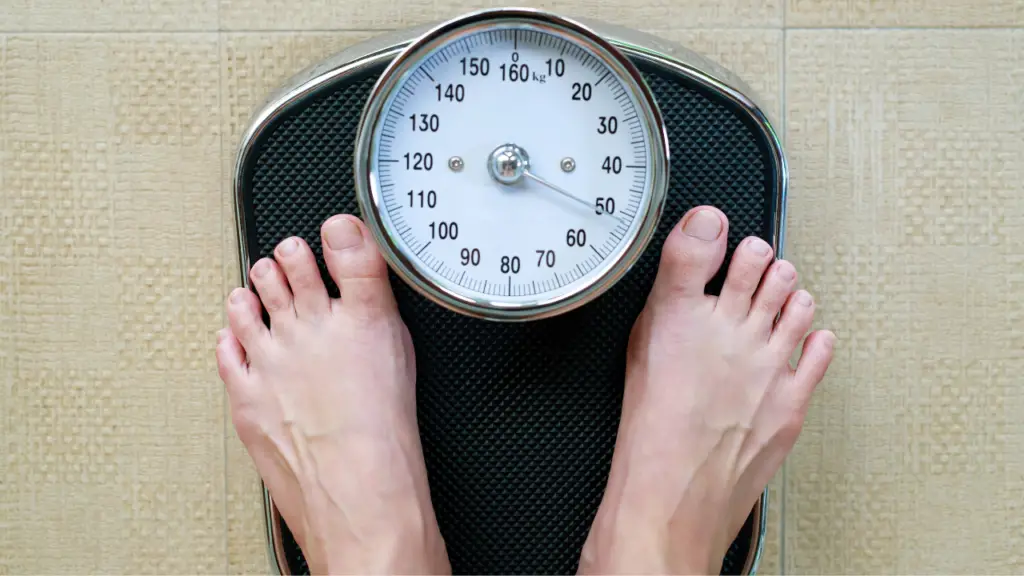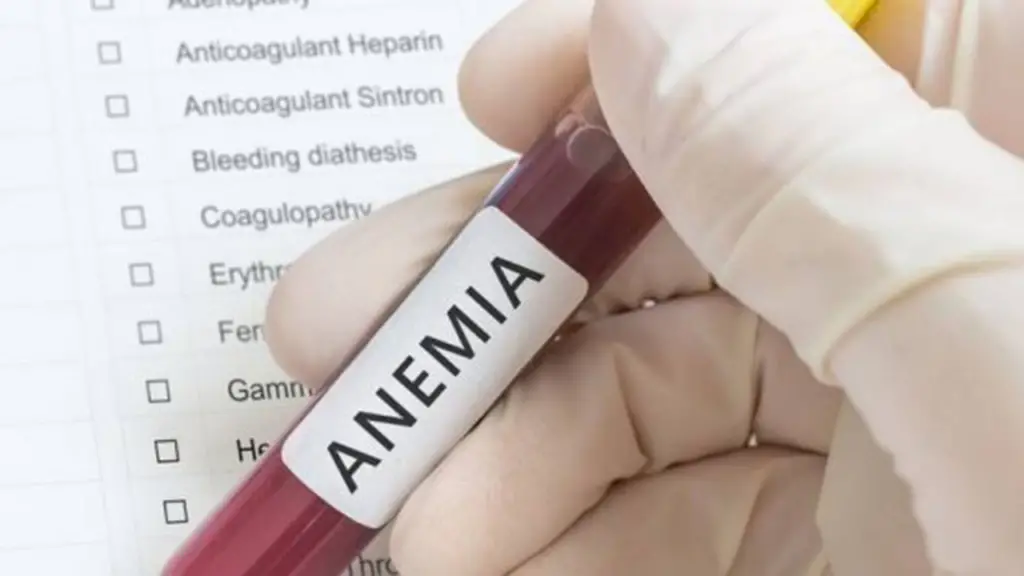If you have been following the latest food trends, you probably know how popular gluten-free food has become. Gluten-free food is endorsed by celebrities and commoners alike. But how beneficial is this gluten-free diet for you? And is it suitable for your health?
Well, if you need help with understanding if you cannot or should not eat gluten, we are here to help you. With the following tips, you will know whether you need to go on a gluten-free diet.
Gluten Intolerance

One knows that they need to eat gluten-free food after being diagnosed with gluten intolerance or celiac disease. But if you have not been diagnosed and face discomfort after eating gluten-containing food, you should see a doctor to be checked.
Gluten Intolerance is the inability to handle and digest any gluten that enters your body. People with such a condition have a reaction that causes inflammation when they come in contact with gluten. That is why they need to adhere to a gluten-free food diet strictly.
Generally, your body will always show signs, whether major or minor, if you have a gluten intolerance. If you want to know whether you should stop consuming gluten, you must pay close attention to what happens to your body when you consume gluten foods.
Signs of a Gluten Intolerance
When you consume gluten-containing foods, and if you have a gluten intolerance, your body will show at least one or more of these signs.
1. Bloating
Bloating is one of the most common signs of gluten poisoning. Nearly 87%, according to statistics, of gluten-sensitive people who do not have celiac disease experience bloating when they consume gluten.

The physical discomfort you get from bloating is very uncomfortable.
Even if you tested negative for celiac, you might be suffering from gluten sensitivity, which can cause bloating. If you feel bloated soon after a meal consisting of gluten ingredients, your bloating is undoubtedly due to gluten.
2. An Issue With Passing Stools
You are sure to have adverse reactions if you happen to consume gluten when your body is sensitive to gluten. Gluten poisoning can create two extremes, diarrhea, and constipation. You may not worry too much if your diarrhea or constipation happens once in a while.

The concern arises when your stools are loose or hard regularly. When gluten plays havoc on your gut lining, you're likely to see issues with bowel movements. The damage causes your body not to be able to absorb the nutrients and vital components. And because of this, you face discomfort and changes in your stools.
3. Joint And Muscle Pain
Having persistent joint or muscle pain does not happen only because of aging. Suppose you are experiencing body pains frequently. It may be due to gluten intolerance. Those with celiac disease have an over-sensitive framework of muscles and nerves.

Anyone with celiac has their sensory neurons activate when they consume gluten. That, in turn, causes pain in their joints and muscles.
Numbness in the limbs may also happen because of this. If you have been noticing this lately and it is causing you discomfort, you should speak to your physician and have them check you for gluten intolerance or celiac.
4. Dehydration Or Fatigue
Making multiple trips to the bathroom does not sound very appealing. The changes in stools and recurrent diarrhea or constipation may drain you out of energy in no time.

Passing stools frequently will cause dehydration since the electrolytes and minerals flush out of your body very quickly. As a result, you will often feel fatigued for no reason. You may also notice yourself being exhausted more quickly when compared to normal.
5. Sudden Weight Loss
Weight loss may be a long-sustained goal for some. But when you have weight loss without any effort or reason, it can be concerning. Gluten provides the body with all necessary vitamins, fiber, and nutrients since it is a protein.

When you have celiac disease or are gluten intolerant, your body rejects the gluten and causes aggravated reactions to it. The lack of nutrients and minerals causes a person's body to lack essential components. Your body's inability to absorb the appropriate amount of nutrients and minerals causes sudden weight loss and bad health.
6. Headaches
You may think your frequent headaches are due to stress or a change of lifestyle. But what if there is no apparent reason for those headaches? Some people who are sensitive to gluten also complain of persistent nagging headaches without any evident cause.

If you have been facing a similar situation and have headaches that occur without reason, you should check your diet. Continuing to take NSAIDS for your headaches may temporarily stop your pain but can never cure it completely if caused by gluten sensitivity.
7. Pain In Your Abdomen
In those sensitive to gluten and ordinary individuals, gluten has time and again proved to be a disaster.
If you have noticed that your abdomen has pains frequently, it could be due to consuming gluten. Studies show that 83% of people with gluten intolerance have chronic abdomen pains when they ingest gluten.

If you complain of abdominal pains and bloating right after consuming gluten-containing food, you should start keeping track of the foods you eat. You will soon notice which foods cause it and can avoid them in the future.
8. Skin Issues
Having skin issues can be due to having celiac. Around 10% of patients with celiac complain of developing skin diseases like psoriasis, chronic urticaria, and the likes.
So, if you have been facing an itchy, painful, and burning, or inflammatory skin condition, it may be because you have a gluten sensitivity or celiac.

If your child is sensitive to gluten, especially if they are a baby or a toddler, they may show eczema signs. Baby eczema is often due to gluten sensitivity, but it goes undetected since it is not easy to test babies for gluten issues.
9. Deficiency of iron
Anemia is a condition that is a deficiency of iron. But studies show that it is incredibly prevalent in those with celiac or gluten sensitivity.
One may not readily notice the deficiency due to gluten sensitivity and may mistake it for bad food habits. Since your body rejects gluten, it also loses its ability to absorb the nutrients from your food properly.

With this, the ability to absorb adequate amounts of iron is also hampered. Therefore, when your body does not have sufficient iron levels, you will face persistent fatigue, vertigo, and headaches.
An iron deficiency or Anemia is one of the first symptoms of gluten intolerance and celiac disease.
10. Mental Health Issues
The symptoms of having mental health issues may not be immediately visible, but they slowly start showing. There isn't any research to show gluten as a direct cause of anxiety or stress or inadequate mental health in general. Still, there are testimonials of people with gluten sensitivity that are most definitely suffering because of it.

Gluten may not be the direct cause of anxiety or stress, but it does play a role in triggering it. Going through the perils of always watching what you eat may be socially awkward.
That, in turn, may leave one to be stressed or feeling left out, thus causing a decline in confidence and mental health.
Substitutes For People Who Should Not Eat Gluten
If you have been feeling one or more such symptoms, it is time you keep strict track of your food with a food journal. Please pay close attention to all you eat and what symptoms trigger because of them. Doing this will help you analyze the issues and deal with them effectively.
Also, this enables you to know whether or not you should continue eating gluten. So, if you do not have celiac disease or gluten sensitivity but still want to go gluten-free, you should first consult your doctor.
And, if you do need to go gluten-free because you have the symptoms mentioned above, there are some foods that you should avoid.
Although it may be challenging to adhere to a gluten-free lifestyle, you will get the hang of it eventually. Until then, you need to be careful that you only eat gluten-free products.

Here are some foods to start including in your food regime if you are going on a gluten-free diet.
- Proteins (Vegetarian) – Quinoa, legumes, and other whole grains
- Veggies, Cottage Cheese (Tofu for Vegan diets)
- Proteins (Non- Vegetarian) – Chicken, Seafood, Eggs, Turkey, Dairy Products
- Healthy Fats and Oils – Olive Oil, Coconut Oil, and Avocado oil
- Vegetables – Green leafy vegetables such as spinach, broccoli, kale, spring greens, cabbage, parsley, and watercress
- Legumes – Peas, Lentils, Peanuts, Soy, and Beans
- Gluten-Free Cereals – Quinoa, Buckwheat, Rice, Millet, Sorghum, Corn
What Happens If You Go Gluten-Free?
With an incredible rise in demand for gluten-free food over recent years, most food manufacturing companies have resorted to producing them.
There is also an availability of gluten-free bread free of wheat or barley, pasta, baked food items, crackers, and much more. When you change your food products, whether raw or readymade, to gluten-free options, you will notice a positive change in your health as well.
Just be careful that the gluten-free substitutes you are choosing are whole foods. Prepackaged foods contain processed oils, emulsifiers, dyes, etc. You can eat gluten-free packaged food free from gluten, but it can still not be suitable for your health.

The benefits of gluten-free food are many. So, if you want to witness quick and positive changes in your health, it is best to switch to a gluten-free diet.
And to clear the misconception, eating healthy does not mean your eating becomes boring! When you crave unhealthy food, you can easily experiment with recipes by replacing the harmful ingredients with gluten-free ingredients, and you will be good to go.
If you find it challenging to adapt to a gluten-free routine or with gluten-free meal preps initially, try these tips, which may work for you.
For instance, you can make a meal prep plan for the week beforehand. That way, you do not have to spend time mulling over what new food to cook to make it tasty and exciting. Doing this will help you save time and also not be a considerable task altogether.
Final Words

Gluten intolerance can occur at any stage of your life. Once triggered, you may find out you have celiac disease or gluten intolerance in childhood or adulthood.
So, if you have been feeling uneasy lately, especially after meals, that is when you should start thinking of adopting a gluten-free diet. When you stick to a gluten-free diet, only if it seems necessary will you also experience changes in the discomfort you had been feeling.
We have said it numerous times, but always consult your doctor before making any significant changes to your diet or lifestyle. This way, any dietary changes will have an optimal effect on your health.





